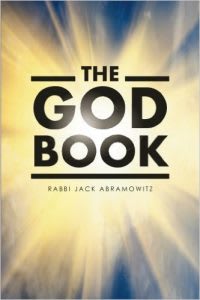38. God's Omniscience
The Rambam has some harsh words for the understanding that the philosophers have of God's omniscience. Unlike the different theories on creation, which he discusses in a rather matter-of-fact fashion, the Rambam considers the mistaken views on God's omniscience to be evil and perverse. He says that one who accepts such a position stumbles in such a way that he will be unable to right himself. [III, 15]
First, the Rambam explains why the philosophers reached such erroneous conclusions: they look around and see what they perceive to be injustices. Specifically, pious people suffer while evil people thrive. The philosophers knew that only one of two situations is possible: either God is not aware of these injustices or He is. So far so good. But from here they go astray.
If God is aware of all the details of human existence, the philosophers posit, then one of three things must be true: (a) God manages the affairs of man perfectly; (b) something impedes God from managing human affairs perfectly; or (c) God could manage things perfectly but He doesn't because they're beneath Him. The philosophers then reject options (b) and (c), as it is unacceptable to suggest that God lacks either the might or the will to manage earthly affairs. (Nothing can overpower God, nor is He apathetic or mean-spirited.)
The only remaining alternatives are that God is well aware of what happens on Earth and that He manages things perfectly, or that He is unaware of what is going on down here. The philosophers look at the state of human affairs and conclude that things are not well-managed, causing them to reject option (a) as well. Having rejected the ramifications of God knowing all about what goes on on Earth, the philosophers consider themselves bound to accept the position that God must not be aware of such mundane minutiae as our lives.
The Rambam calls this conclusion blasphemous and says that their "solution" is a greater evil than the quandary they sought to resolve in the first place. In their zeal not to conclude that God is powerless, they have decided that He is ignorant (God forbid). They also decide the state of the entire universe by looking anecdotally at the affairs of individuals. And, it should be noted, that the evils that befall mankind are largely self-inflicted. There are other flaws with their conclusion.
In the following sections, the Rambam examines the various theories vis-à-vis God's knowledge and how He does or does not exert influence in the form of divine providence. As we will see, the Rambam is able to resolve the philosophers' difficulty without casting aspersions on God's omniscience.

